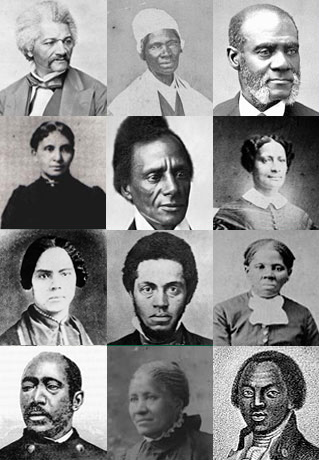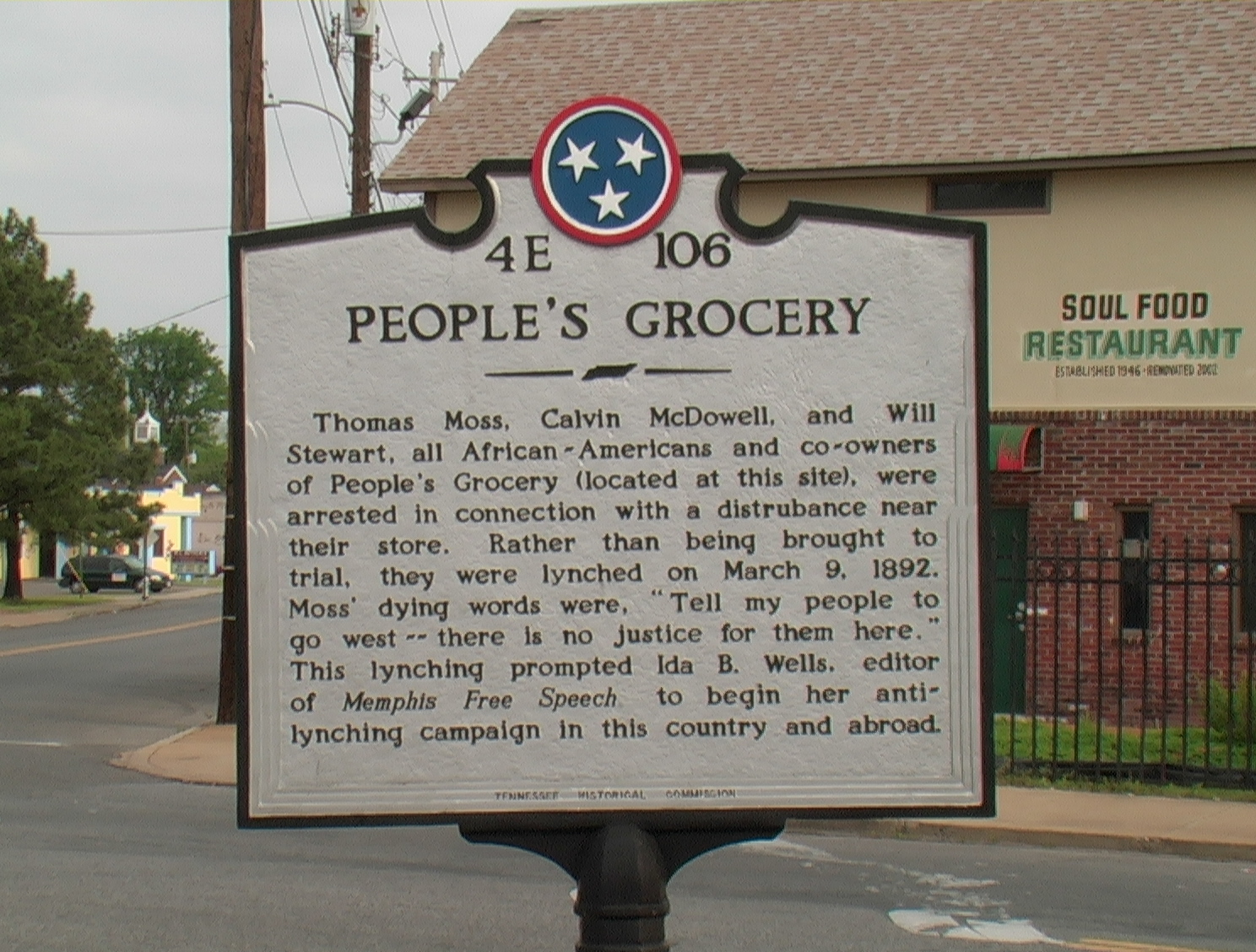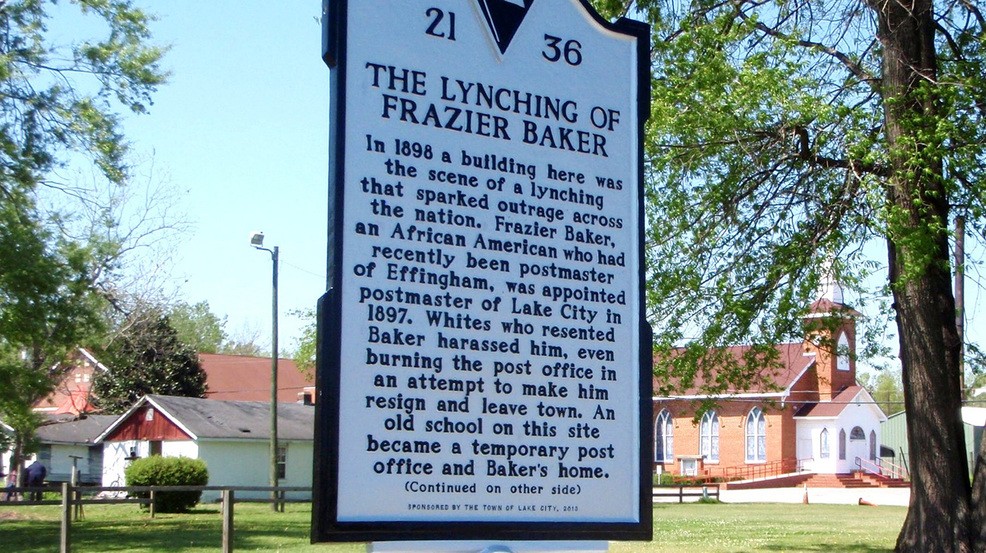By Matt Reed (published in Rethinking Schools)
Greeting me at the door to the cafeteria where our first meetings of the school year took place was a buffet table of new and rebranded school mugs, stickers, tote bags, water bottles, pencils, and pens. I made my way through the line, picking through the new school swag and hardly concealing my excitement as the principal’s voice boomed through the loudspeaker: “Hello Guardians! Welcome back to Ida B. Wells-Barnett High School.”
In the wake of the uprising for racial justice following the murder of George Floyd, students and alumni succeeded in a decade-long struggle to change our school’s name, Woodrow Wilson High School.
Our school became one of the more than 80 across the country to do so. In a letter announcing the change, the school’s renaming committee — made up of students, staff, and community members — wrote: “Remembered as one of the most lauded civil rights advocates of the 19th and 20th centuries, Wells-Barnett is an American hero. Ida B. Wells-Barnett will foster a lasting message of determination, valor, and tolerance among all students and staff.”
While there was the usual beginning of the school year mumble and grumble from veteran staff, the enthusiasm for our school’s new namesake, and the broader shift it represented, was palpable. Many made reference to Ida B. Wells’ legacy as we shared ideas for schoolwide policies, classroom expectations and possible schoolwide events. In fact, our school administrators consulted with Dan Duster, the great-grandson of Ida B. Wells, to revise our school’s core values: “At Ida B. we are: Wise with our choices, Excellent with our actions, Living with integrity, Leading with courage, and Speaking with passion.” When staff challenged schoolwide cell phone and attendance policies, many started or ended their critique with the question “And how do you think Ida B. Wells would address this problem?”
It was also during these rushed yet vital pre-service days that a small group of staff began to worry. We feared that Ida B. Wells-Barnett’s life message kept being reduced to nebulous concepts of determination, valor, tolerance, diversity, acceptance, and inclusion. At minimum, we felt that this framing erased the specific lessons from her life that are relevant today. At worst, we feared that this framing tamed her life of organizing and struggle for justice to make it more palatable for our largely white and wealthy school community. We especially found the emphasis on “tolerance” to be problematic. It is true that she endured decades of racist violence and sexist discrimination. But do we want students to embrace tolerance as a virtue above, say, resistance? We knew that Wells’ life taught much more.












Twitter
Google plus
LinkedIn